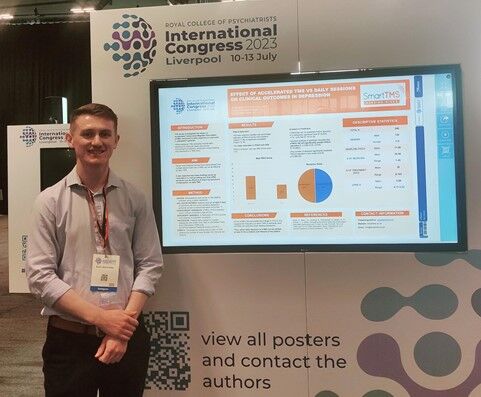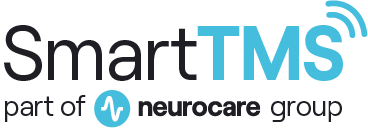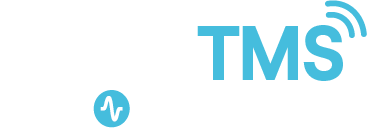Accelerated TMS vs. Daily TMS: Is More Than One Session a Day Effective?
January 15, 2023 - Smart TMS

What is TMS?
Transcranial Magnetic Stimulation (TMS) is a non-invasive, drug-free treatment for depression that uses magnetic pulses to stimulate areas of the brain involved in mood regulation. It is an effective alternative for patients who have not responded well to antidepressants or prefer a treatment without medication side effects. Traditionally, TMS is delivered in a daily session format over several weeks—but what if we could speed up the process?
Single or Multiple TMS Sessions Per Day
Historically, TMS treatment has followed a standard protocol of one session per day, 4–5 days per week, typically over a 4–6 week period. While effective, this model can be inconvenient, especially for patients travelling long distances or juggling busy schedules.
Recent research has explored accelerated TMS (aTMS)—delivering multiple sessions per day—as an alternative. These studies show that aTMS can be just as effective as the traditional once-daily approach.
Based on this growing body of evidence, Smart TMS now offers up to five TMS sessions per day (depending on the condition and individual patient profile), allowing for greater flexibility and faster treatment timelines.
Smart TMS Research: Accelerated TMS Outcomes
To validate these findings within our own clinics, a team of Smart TMS practitioners conducted a research study analysing data from 240 patients treated for depression.
The aim was to determine whether the intensity of treatment—measured by the number of sessions and the time between them—impacted treatment outcomes, as recorded in weekly depression questionnaire scores.
Key Findings:
-
On average, patients experienced a 40% reduction in depressive symptoms.
-
The total number of sessions was the strongest predictor of symptom improvement.
-
Treatment frequency (daily vs. accelerated) did not significantly impact effectiveness.
In other words, it’s not about how often the sessions are delivered—but rather how many sessions are completed in total.
What This Means for Our Patients
These findings reinforce the value of flexible, patient-centred TMS care. For many, accelerated TMS protocols can reduce the overall treatment timeline—condensing sessions into a few intensive days each week, rather than daily visits over several weeks. This approach helps patients fit their treatment around work, travel, or family commitments.
Presenting Our Research at the Royal College of Psychiatrist
Smart TMS practitioner Eoin presented this research at the Royal College of Psychiatrists Conference in London, where he shared the results and spoke with clinicians and researchers about the benefits of accelerated TMS. The feedback was overwhelmingly positive, with many recognising the importance of making mental health treatment more accessible and adaptable.
Read Eoin’s research poster that he presented at the Royal College of Psychiatry International Congress, here.








